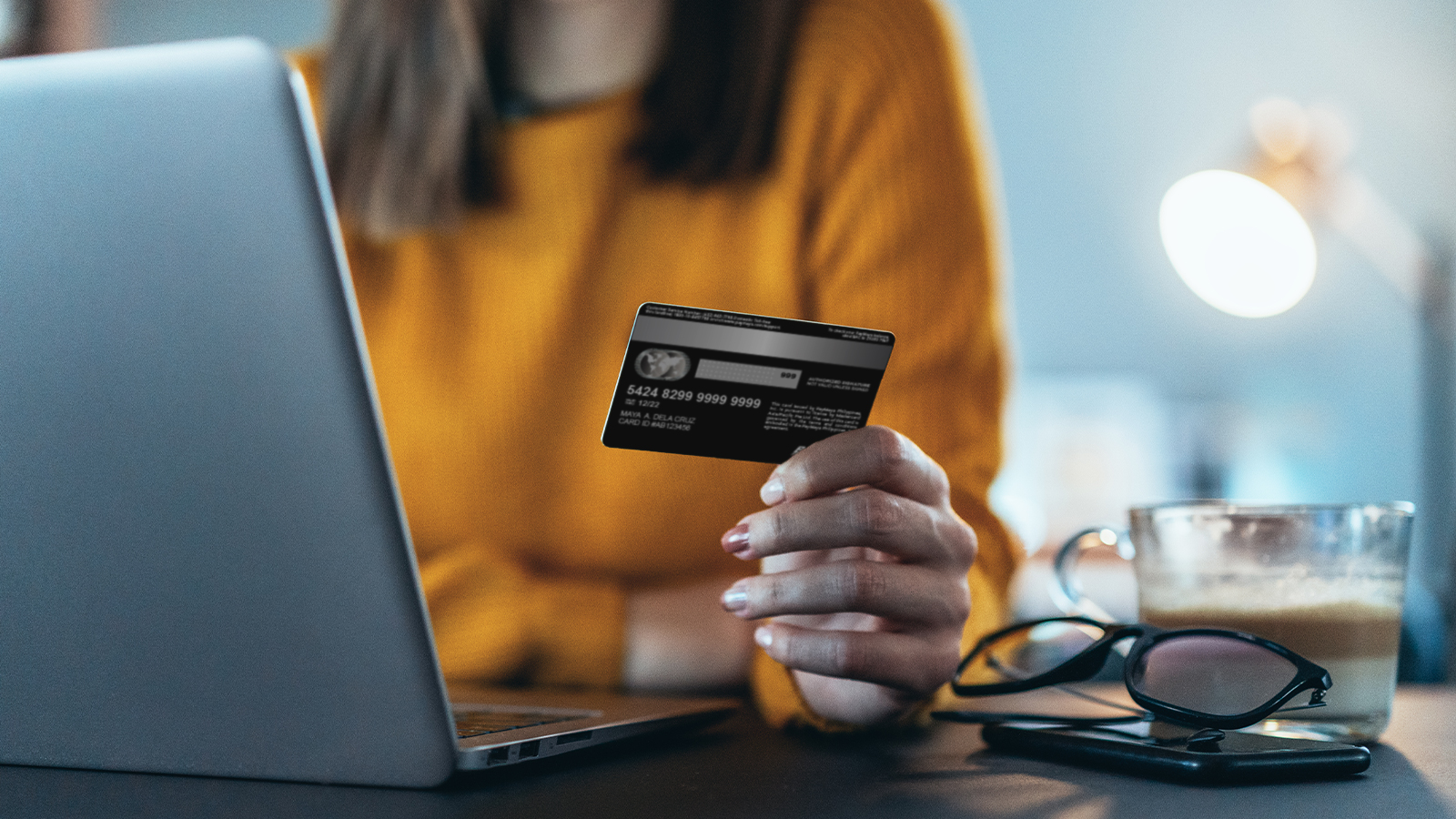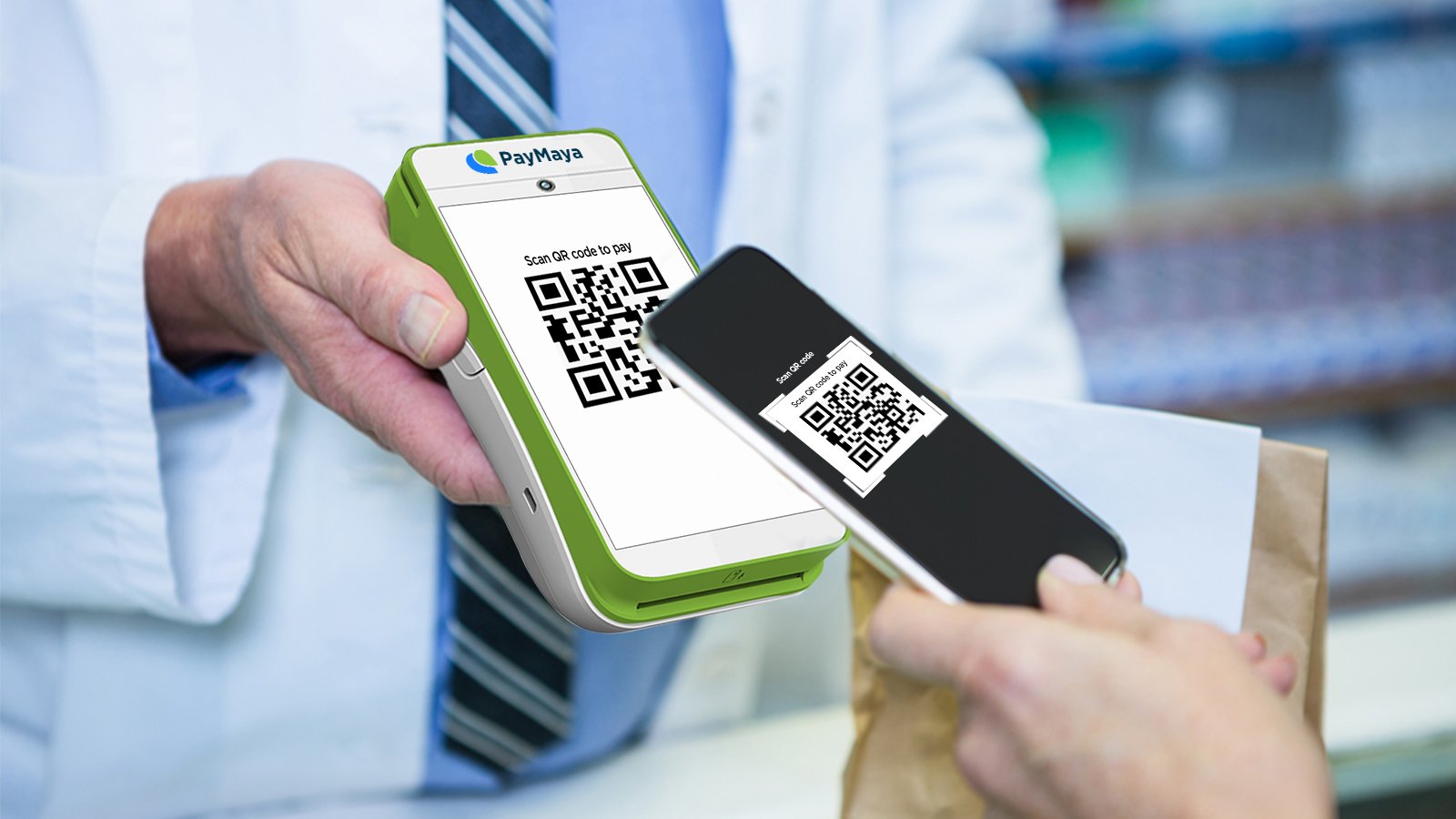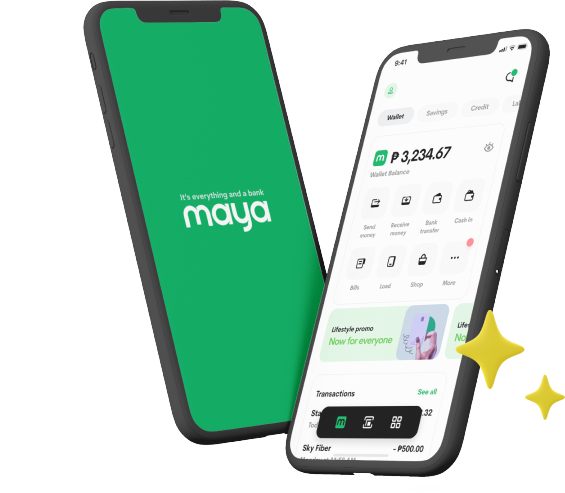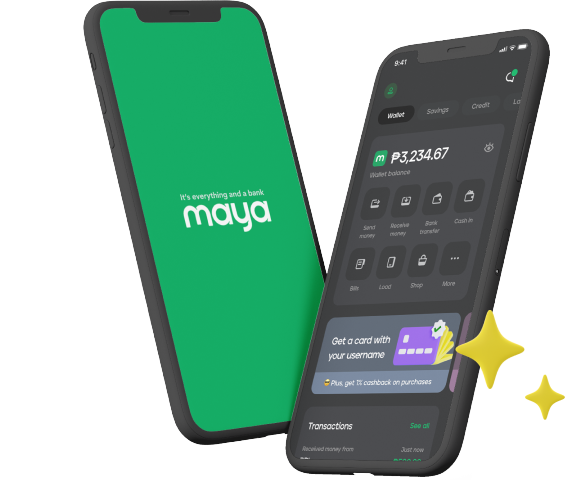
Applying for a credit card for the first time? These payment cards are undoubtedly convenient, and they can give you a fair amount of financial freedom. However, having one is also a major responsibility that shouldn’t be taken lightly. When used irresponsibly, you risk saddling yourself with a mountain of debt that can take years to repay and a bad credit score that can have a significant impact on other aspects of your life. Are you a new credit card user? Check out our list of things to keep in mind:
Choose Your Credit Card Carefully
On the surface, all credit cards are the same. They all offer the holder a convenient line of credit that can be used to make purchases, cash advances, and balance transfers. They all also require you to pay back the loaned amount at an agreed-upon schedule.
However, you’ll find that not all credit cards are created equal if you dig a little deeper. Most banks typically have diverse credit card offerings to suit different requirements and purposes. That’s why it’s always a good idea to keep your needs and purchasing style in mind when browsing around for a credit card.
For example, you might want to look around for a credit card that offers cash back and rebates on your purchases if you’re an avid shopper, or one that has enhanced security features if you often buy things online. Meanwhile, frequent travelers might be better served by a travel credit card that allows them to rack up air miles and rewards points while also enjoying certain perks such as access to VIP airport lounges and discounts at hotels and dining establishments.
Set a Reasonable Budget
A surprising number of first-time credit card holders often get their heads caught up in the idea that they can now buy whatever they want, whenever they want. They get drunk on instant gratification and start using their credit cards on things that they can’t afford. Inevitably, using one’s line of credit this way can only backfire once the bill comes along.
The simplest way to save money and prevent yourself from drowning in credit card debt is to set a budget and stick to it. You always want to have a sensible idea of how much you can spend and pay off at the end of the month. If, for some reason, you find it difficult to curb your impulses but don’t want to give up the convenience and rewards of your credit card, consider using a prepaid card or mobile wallet instead. These products allow you to continue making cashless transactions, but unlike credit cards, you can set your own spending limit and only add funds to them when you need to.
Keep Track of Your Purchases
Knowing how much you can afford to spend each month is only half the battle. For truly judicious credit card use, you’ll also want to monitor your charges and have an itemized list of what you’ve been using it on, from major expenses like monthly bill payments to the occasional coffee or milk tea. This way, you’ll have a rough idea of what the bill is going to look like when it arrives. Then, you can factor your budget in and stop yourself from going over what you can comfortably pay back for the month.
Always Pay Your Bill in Full and On Time
One of the biggest reasons why a lot of Filipinos shy away from credit cards is the high interest rates on them. In the Philippines, the standard credit card interest rate is 3.5%, although some banks may charge higher or lower depending on the type of card being offered. This amount is tacked onto your bill if you fail to pay your dues on time.
However, you can avoid paying interest entirely if you simply make an effort to pay your bill in full on or before it’s due. Not only does this eliminate the risk of compounded interest, it also means you never give the bank more money than what you actually spent on your own purchases.
Take Advantage of Perks and Rewards
A lot of people apply for credit cards without really checking the fine print as to what they’re entitled to when they use it. Don’t do that. You can save a lot of money just by being aware of and understanding your credit card’s rewards and perks program. Don’t let those points or miles gather dust!
In addition to cash back or travel rewards, you may be able to convert them into spending credit, movie or event tickets, hotel or restaurant discounts, gift cards, and much more. Because some rewards have an expiration date, you’re better off using them instead of losing them.
Watch Out for Signs of Debt Trouble
Debt on its own isn’t inherently a bad thing. It can only do you damage if you allow it to get out of control. Common signs of debt trouble include being declined at the checkout counter, being unable to pay your credit card bill in full or on time, spending too much money on late payment fees, dipping into your savings to pay for daily expenses, and so on. If you find yourself in any of these situations, it may be a good time to consider making a financial audit and limiting your credit card spending.
A credit card is an excellent financial tool that can come in handy for you in many situations. However, like all tools, it’s only as good as the person wielding it. If you use it wisely and commit to always paying your bill on time, though, you shouldn’t have any problems with it.
You might also like
These Stories on Financial Literacy



